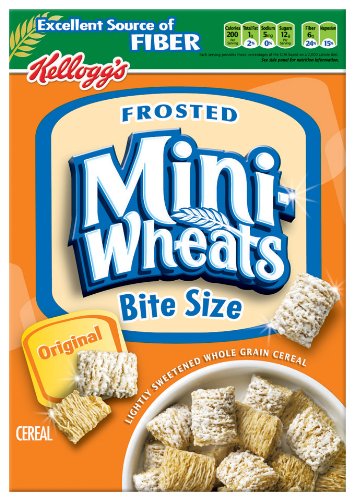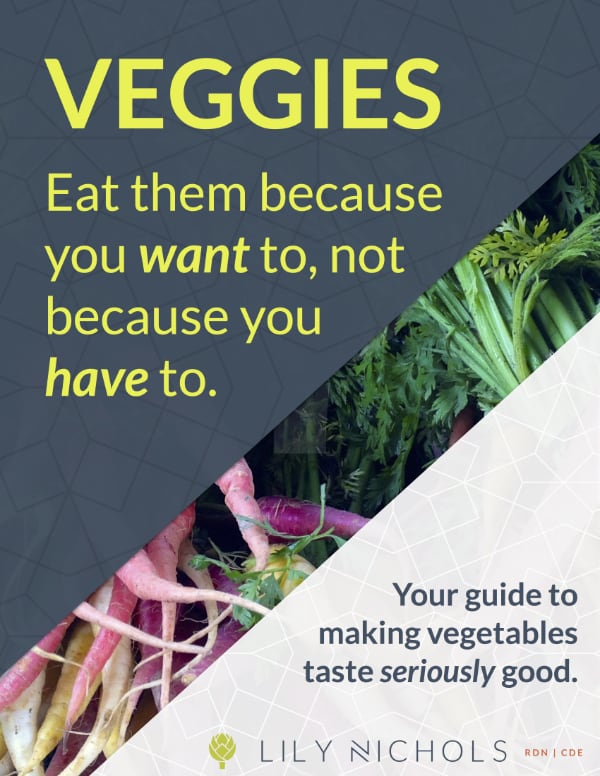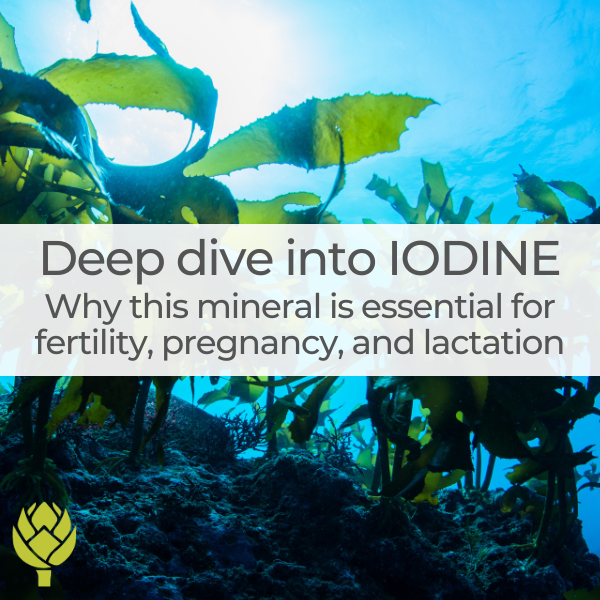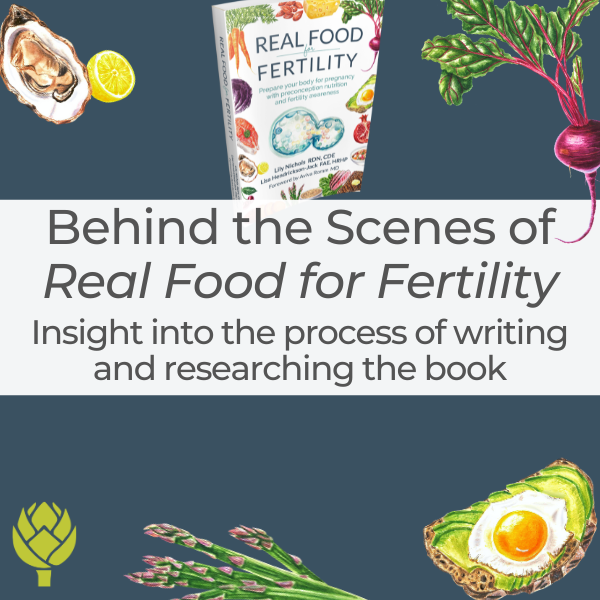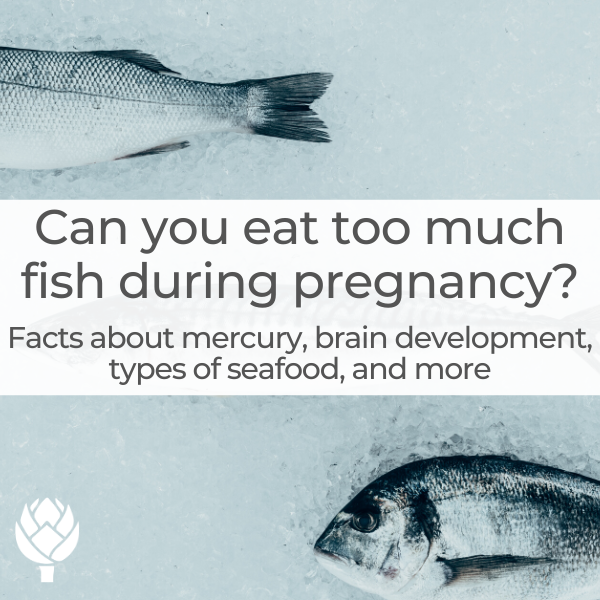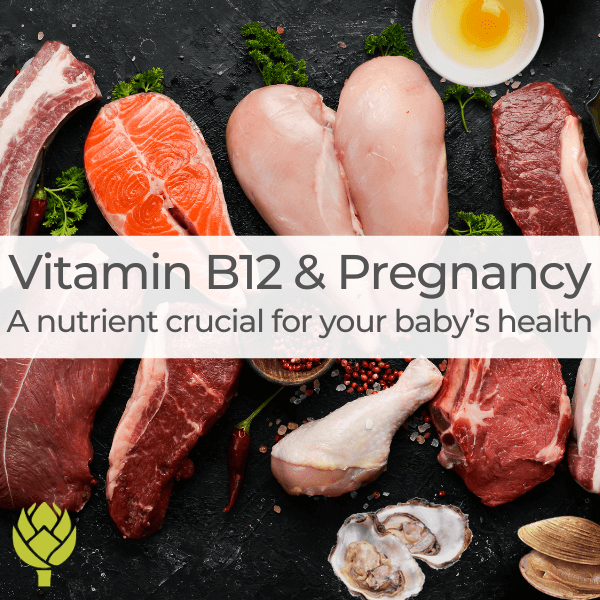People are taking note that excess sugar is not healthy and I agree. Government organizations are recommending people cut back (despite subsidizing the very industry that produces the sugary products, but I digress). The USDA suggests limiting added sugars to 10 teaspoons per day (that’s 40g – the amount in a 12 oz can of soda) and the American Heart Association is even stricter calling for 6-9 teaspoons (females -> 6 teaspoons; men -> 9 teaspoons).
In my opinion, the lower the better. You’d be surprised how often sugar sneaks into products, like ketchup, BBQ sauce, salad dressings, bread, crackers and yogurt.
Unfortunately, there is no FDA regulation for the claim of “low sugar” or “lightly sweetened”. Breakfast cereals are the most obvious offenders. For example, Kellogg’s Frosted Mini-Wheats proudly displays “lightly sweetened” on the front label, yet it contains 20% sugar by weight and 3 teaspoons of sugar per serving. (By the way, it is also “Made with 100% Whole Grain”. This tricks a lot of consumers into eating dessert for breakfast.)
Also, low sugar varieties often rely on artificial sweeteners to boost up the sweetness that Americans are so accustomed to. Some artificial sweeteners have been shown to be more addictive than cocaine in rat studies and often fuel cravings for more sweets, leading to excess consumption of sweets and high carbohydrate foods and ultimately to weight gain.
For example, check out Gatorade G2, a low calorie version of the classic sports drink. Compared to regular Gatorade, G2 contains 5g of sugar per 8oz, which is less than half of that in regular Gatorade. It looks like an improvement, no?
However, the label is incredibly misleading. The nutrition facts are listed for 8oz, yet the bottle is 32oz. That means if you drink the whole thing (many people do!) then you are actually consuming 20g of sugar (5 teaspoons).
So, drinking just one of these leaves you perilously close to the 6 teaspoons you’re aiming for.
Also, look at the ingredients. Gatorade G2 relies on artificial sweeteners – sucralose and acesulfame potassium. As I mentioned above, not a wise choice.

